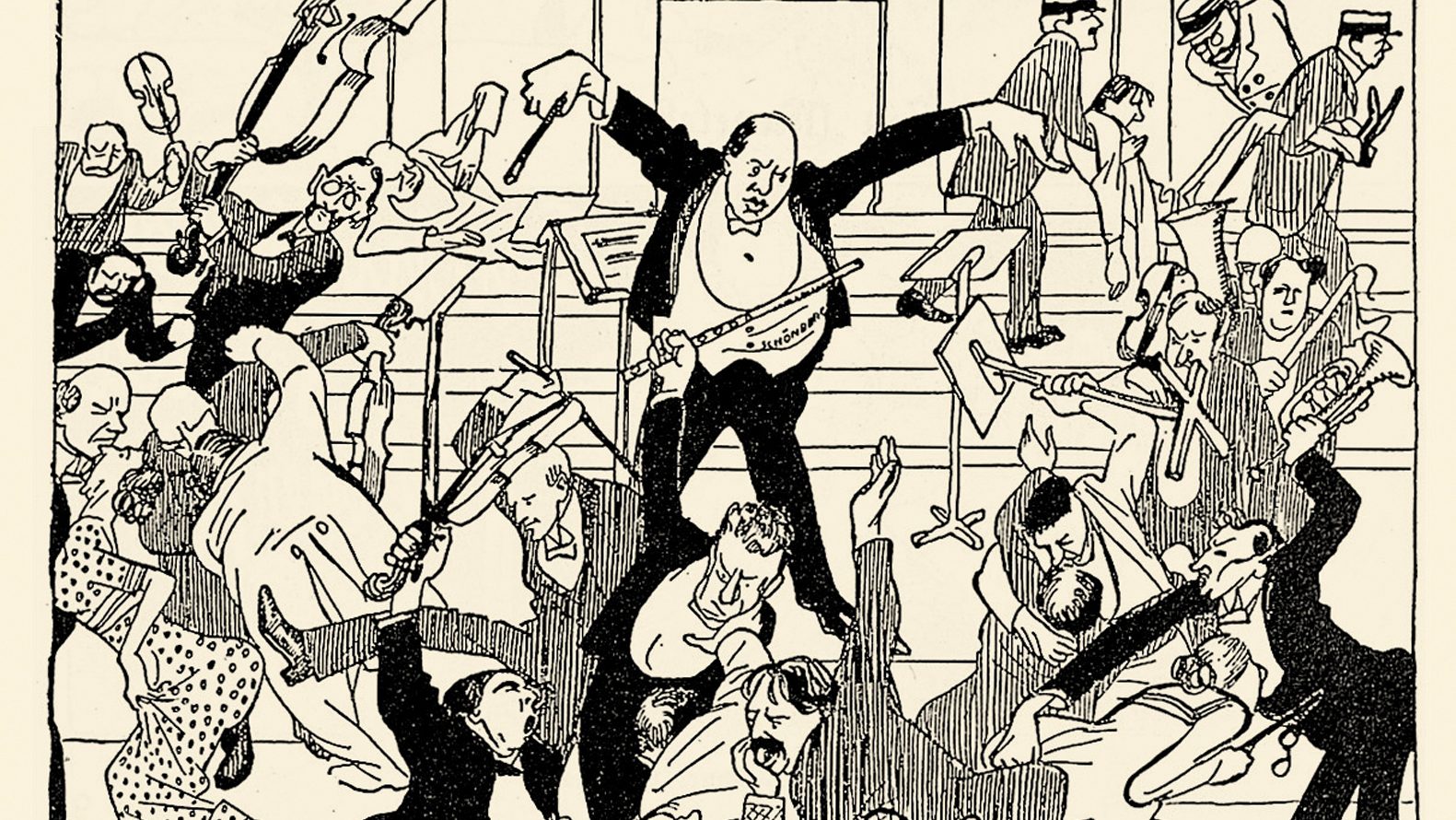Very sad to hear about the death of Ray Liotta – but let’s hope this awful paranoia I have, at least dies with him. I can’t be the only ne’er-do-well in the country to be afflicted with the so-called GoodFellas Syndrome: an irrational conviction – especially when driving a car in a hurry – that I’m being pursued by a police helicopter. The scene in the film where Liotta’s demi-mafioso character, wired on cocaine, weaves his way through the city streets while the whirly-bird appears – like some monstrous wasp, first in one of the car’s windows then the next – is seared into my sensitive cerebellum.
Which is probably why I react so badly to the overflights and hovering of police helicopters. Obviously, in the summer months, windows are open, so the inner-city dweller is more likely to hear these bombinating bobby-mobiles; which, with their vaulting and panoptic capabilities, are about as close as it gets to conferring super-powers on our law-enforcers. But I have an abiding sense that my neck of the woods, north Brixton, is subject to rather more eyeballing from the sky than other parts of London.
Granted, this may well be a twofold cultural problem: firstly, by reason of much empirical evidence – my own and many others’ – I’m convinced that the Metropolitan Police have a problem with systemic racism. The mayor seems to agree, having placed the force on special measures last week as a direct result of a plethora of racist incidents. And secondly, my GoodFellas Syndrome is also an Apocalypse Now one, because the other iconic appearance of these aircraft on film is the scene in this war epic when a US air cavalry unit commanded by the crazed – and aptly-named Colonel Kilgore – lays waste to a North Vietnamese village, killing scores of civilians with machine guns and missiles.
You get the point: racism + helicopters = paranoia potentially leading to… atrocities. I’m sure the Metropolitan Police would stridently dissent from any suggestion that at least part of the helicopters’ utility is that they cow a restive population – especially when it’s summer in the city, with the back of everyone’s necks getting dirty and gritty – but it’s… I dunno… pretty intimidating when the cops’ clatteration revolves around our little block late at night, and I can see the steely Pegasus, poised atop its lancing searchlight, first in one of the flat’s windows then the next. Moreover, sublunary horses have been used by the police for years to terrify crowds – so, to coin some cant: they’ve got form.
I put in a freedom of information request to find out how many flights police aircraft make over London during a given year, and what reasons the National Police Service (the organisation that manages and operates all police aircraft in England and Wales) gives for each one. The lead force for NPS is West Yorkshire – and not only did they respond fairly promptly to my request, they also put the results online. They can be found with a simple web search – so sometimes it is worth being surveillant when it comes to our surveillance culture.
“Containment”, which would seem the obvious euphemism, together with “public order” for putting the proles in their place, actually appears pretty infrequently among the reasons cited for the 4,536 flights over Greater London in the year to May 31. Far more frequent are what I can only assume are Liotta-type situations, which are logged as “vehicle”, “vehicle pursuit”, “suspect” and “directed patrol”. Almost as common are “missper” and “injured person” – which conjure up reassuring images of heli-borne heroes helping teary-eyed tots clutching teddy bears.
Setting aside the obvious point – one that needs to be made stridently whenever a lot of petrol-heads are seen gunning their engines in hot pursuit – which is that the crime has already happened, the question remains as to how much law enforcement taxpayers are getting for our money. The police told me they don’t cost individual flights – I’ll have to make another request to the Met to find out how much they pay the NPS overall; but in the meantime, a helicopter charter company I spoke to said that even with economies of scale on leasing, hangars, piloting and servicing, keeping the sort of helicopters the police use airborne costs north of £2k an hour.
The police say the creation of the NPS coincided with significant cuts, and there are now insufficient personnel and aircraft to give the country adequate coverage. But I don’t think they’ll rest until every one of us has our own personal police drone hovering above us 24/7 and 365. Now, just let me get rid of that cocaine…



